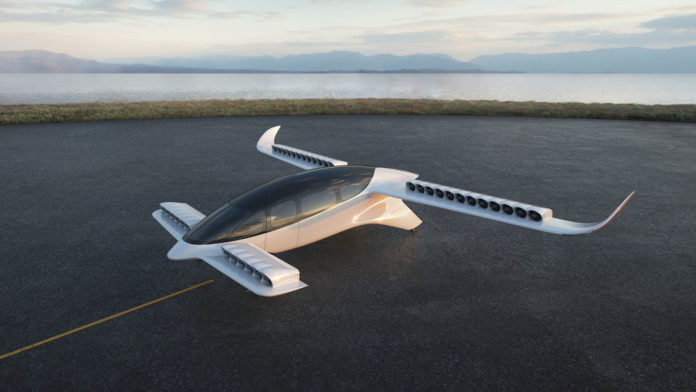Lilium, a German aerospace company, has partnered with Honeywell to develop the 7-Seater Lilium Jet‘s avionics and flight control systems. The American manufacturer of electronics, engines and mechanical systems for aircraft is already present in the flying taxi programs of Volocopter and the autonomous cargo ship of Pipistrel.
Honeywell’s compact Fly-by-Wire system will serve as the flight control system on the fully electric 7-seater Lilium Jet. This involves controlling its moving parts, including the 36 control surfaces and ducted fans that will provide high levels of maneuverability in every stage of flight.
These systems will be tailored specifically for the design of Lilium’s unique aircraft with its high number of small ducted fans. It will play a crucial role in the smooth, comfortable, and emission-free air travel for passengers.
“The avionics and flight control computers from Honeywell will be a key element for the Lilium Jet’s electronic architecture,” said Yves Yemsi, Chief Program Officer, Lilium. “Honeywell will integrate an advanced flight deck tailored for the Lilium Jet as the central interface to the pilot with a vehicle management computer and a high integrity flight controls computing platform to provide a state-of-the-art Fly-By-Wire solution for the Lilium Jet.”
Honeywell will also deliver the next-generation integrated avionics system, which will provide a simplified user interface for the pilot to fly the Lilium Jet. The avionics system is designed to reduce training time and will support operation by a single pilot, freeing up greater passenger capacity.
“Honeywell has a decades-long track record of developing and certifying avionics and safety systems for leading aerospace companies and has worked alongside Lilium to develop a bespoke solution for our aircraft,” said Yemsi. “We are proud that Honeywell is joining our roster of world-class aviation partners and also as one of our investors as we prepare to launch commercial operations in 2024.“
